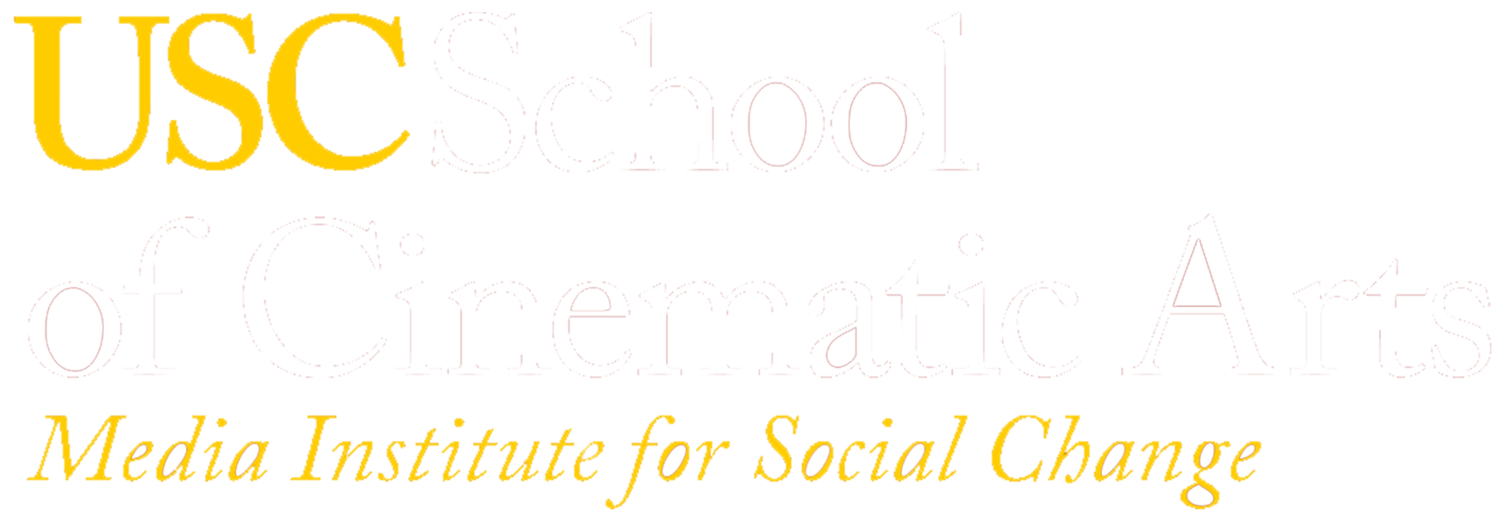New USC Branch to Study How Pix Impact Culture
/Education Impact Report 2012
by Iain Blair, Variety
For decades, USC’s School of Cinematic Arts (SCA) has trained young filmmakers for successful commercial careers. Now, the Los Angeles-based film school unveils a program, the USC Media Institute for Social Change, in which students will use those same skills to make the world a better place.
“As filmmakers, the work we do has a huge impact on the culture. With that comes a responsibility, perhaps even an obligation, to use that impact for the greater good,” says SCA film and television production chair Michael Taylor, who co-founded the initiative with Peter Samuelson and serves as its executive director. “While making entertaining films, we can also weave into the narrative a message of social change.”
According to Taylor, the institute has three goals: “First, we’ll give scholarship to students who commit to this concept of social change. Second, we’ll act as a service for professional filmmakers already doing that, and provide an expert in climate change, immigration or whatever issue they’re dealing with, to ensure that the facts are correct. Third, once these projects have been released or broadcast, we’ll do research to actually measure the impact they have on the culture.”
To help achieve these goals, the institute has introduced several courses into its curriculum, including one titled “Making Media for Social Change” taught by Taylor.
“I have 12 students, and each one is making a short film dealing with an issue of their choice,” he reports. “Only one is a documentary — the traditional way of dealing with such subjects. The rest are fictional pieces, where the issue isn’t necessarily out front, and that’s the point. It can be a thriller or a romantic comedy and still have a message of some social value.”
The institute has already partnered with the Geena Davis Institute, known for its gender studies, to contribute to a PBS series; the United Nations; and TrueSpark, which exposes inner-city schools to classic films.
“My hope is that all this will raise consciousness among young filmmakers and the next generation will go into the industry knowing how to use media to tell stories with a positive impact,” he says.





